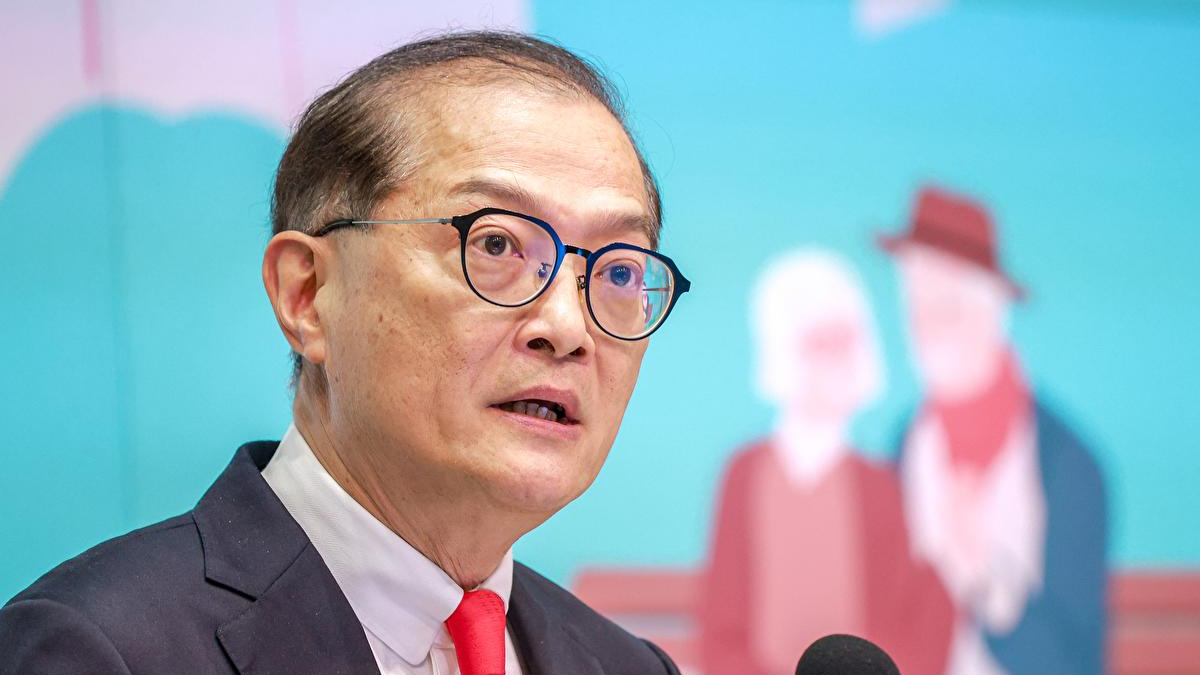
The Hong Kong Special Administrative Region government announced Monday the establishment of the Primary Healthcare Commission, which aims to enhance the city’s overall primary-care services by coordinating public and private resources.
The commission, which is under the Health Bureau, will succeed the current Primary Healthcare Office. Led by Commissioner Pang Fei-chau, the new office will focus on overseeing the planning and quality of related services, developing standards and protocols, and enhancing training for primary healthcare professionals.
Health Secretary Lo Chung-mau said the commission will integrate services of various parties, including the Department of Health, the Hospital Authority, NGOs, and the private healthcare sector
The government will also explore creating new legislation to empower the commission with the authority to define primary healthcare service providers, auditing related personnel, setting standards, and establishing a quality assurance mechanism.
Health Secretary Lo Chung-mau said the commission will integrate services of various parties, including the Department of Health, the Hospital Authority, NGOs, and the private healthcare sector.
The agency will also develop new service and management models for fostering the all-around consolidation and promotion of primary healthcare development, Lo said.
ALSO READ: HK 'direly needs' to improve public healthcare system management
In terms of coordination, the commission will review the service scope of general out-patient clinics with the Hospital Authority, reorganize the services of Woman Health Centres and Elderly Health Centres, and strengthen the role of District Health Centres as primary healthcare service hubs and case managers.
At the same time, the commission will plan services and allocate resources through strategic purchasing, and explore the establishment of a community drug formulary and community pharmacy program.
In addition, it will establish a more systematic patient referral mechanism, and share the patients’ data through the Electronic Health Record Sharing System (eHealth). The eHealth’s eReferral function will provide real-time and secured electronic referral system.
As for personnel training, the commission will develop a register to cover all primary healthcare professionals, and set requirements for enlisted healthcare professionals to keep improving their capabilities.
ALSO READ: Government to establish new department to enhance community healthcare services
It will also maintain collaborations with different institutions to develop and provide training programs. Additionally, it will explore incentives aimed at further motivating professionals in the field.
To help the commission fulfill its functions, the government also established the Primary Healthcare Committee on Monday to provide multidimensional advice to the commission
To help the commission fulfill its functions, the government also established the Primary Healthcare Committee on Monday to provide multidimensional advice to the commission.
The committee comprises individuals from diverse professional backgrounds, including experts in family medicine, Chinese medicine, dentistry, and other relevant sectors.
At the end of 2022, the government unveiled the Primary Healthcare Blueprint, a comprehensive plan that charts the course for future development of primary healthcare.
READ MORE: HK hospital probes fatal medical mishap with premature baby
Various initiatives have been lunched under the blueprint. For instance, as Thursday, over 49 000 residents and more than 540 family doctors had participated in the Chronic Disease Co-Care Pilot Scheme, which covers 650 service points.
To strengthen the role of family doctors, starting from early October, only doctors enlisted in the Primary Care Directory will be allowed to enroll in various government-subsidized primary healthcare programs.
Compared to the end of 2022, when the blueprint was released, the number of doctors enlisted in the directory had increased by more than 40 percent as of June.


